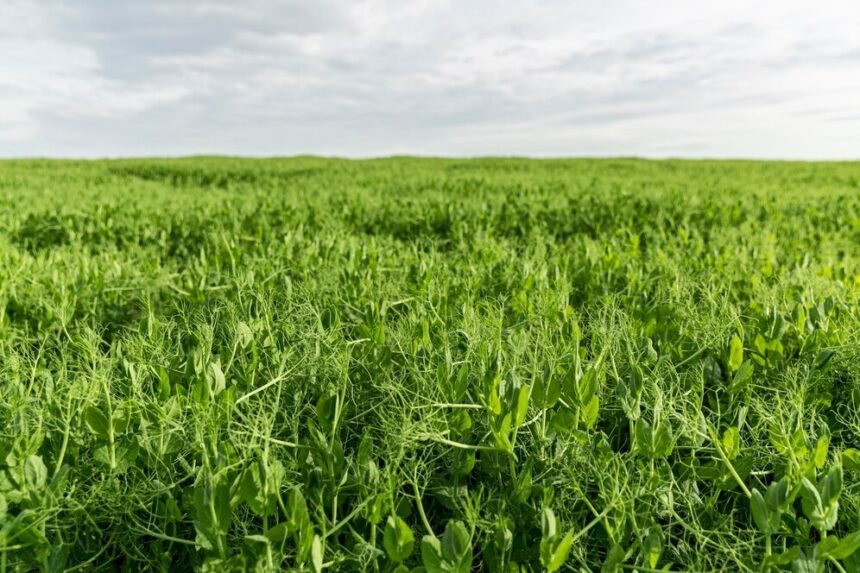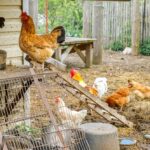Farming in the Western Cape comes with a unique set of opportunities and challenges. With its Mediterranean climate, fertile valleys, and diverse agricultural sectors, the region is ideal for crops like grapes, apples, wheat, and vegetables. However, smallholders must navigate water shortages, soil variability, and shifting climate conditions. Whether you’re new to farming or looking to improve your output, here are 10 practical tips to help you succeed as a smallholder in the Western Cape.
Start by understanding your land. Soil testing is essential before planting any crops. The Western Cape has areas with sandy, clay, or loamy soils, and knowing the type of soil you have will guide your decisions on fertiliser use, irrigation needs, and crop selection. Local agricultural offices or cooperatives can help you access affordable soil testing services.
Choose crops wisely. The Western Cape’s dry summers and wet winters make it ideal for certain crops. Consider growing drought-resistant vegetables like butternut, tomatoes, or onions, and fruits like figs or olives. If you have access to irrigation, you might also explore niche crops like herbs or berries, which can offer higher returns in small plots.
Manage water efficiently. Water is a scarce resource in many parts of the province. Install drip irrigation systems to reduce waste and target plant roots directly. Collect rainwater in tanks during the wet winter season to use in drier months. Mulching around plants also helps retain soil moisture and reduce the need for frequent watering.
Practise crop rotation to maintain soil health and prevent pest buildup. Rotating between legumes, grains, and vegetables can naturally boost nitrogen levels in the soil and reduce disease risks. It’s a simple strategy that supports long-term productivity and reduces your dependence on chemical fertilisers.
Protect your crops from the wind. The Cape is known for strong seasonal winds, which can damage young plants and reduce yields. Use windbreaks like indigenous trees, tall grasses, or shade nets to shield your crops. This not only protects plants but also creates a more stable microclimate on your farm.
Invest in composting. Instead of letting plant waste or kitchen scraps go to waste, turn them into compost. Compost improves soil fertility, boosts microbial life, and helps retain water. It’s a low-cost, sustainable way to nourish your crops and reduce your dependence on synthetic inputs.
Keep a close eye on pests and diseases. The region’s fluctuating climate can trigger outbreaks of aphids, mildew, and fruit fly. Regularly inspect your plants, and use integrated pest management methods such as beneficial insects, trap crops, or organic sprays. Early intervention is key to avoiding major damage.
Care for your livestock during dry periods. If you raise animals, ensure they have adequate shade and water during the summer months. Supplement their feed when grazing is poor, and maintain parasite control to avoid health issues. Secure fencing and proper shelter also protect animals from the elements and predators.
Network with other farmers. Join local farmers’ associations or cooperatives to share knowledge, pool resources, and access group discounts on supplies. The Western Cape Department of Agriculture often hosts training days, demonstrations, and support programmes tailored to smallholders.
Keep good records and plan for the long term. Track your planting dates, yields, expenses, and weather patterns. Over time, this information will help you make better decisions and adapt to challenges. Whether you’re aiming to expand or simply improve efficiency, a record-keeping habit is one of the most valuable tools a smallholder can have.
Farming in the Western Cape requires adaptability, knowledge, and a connection to the land. By applying these ten tips, smallholders can build more resilient farms that thrive in the region’s unique conditions. With smart planning and sustainable practices, success is within reach—even on a small scale.
Join 'Farmers Mag' WhatsApp Channel
Get the latest Farming news and tips delivered straight to your WhatsApp
CLICK HERE TO JOIN






